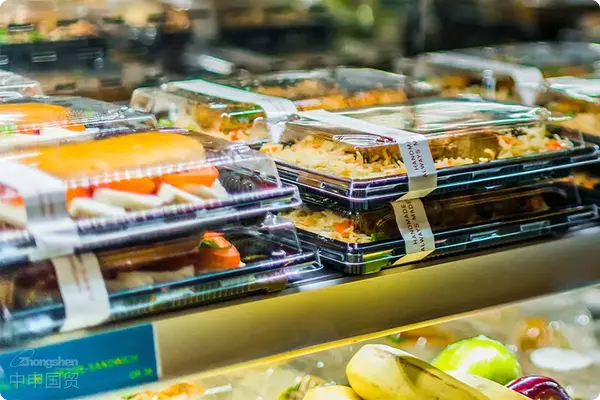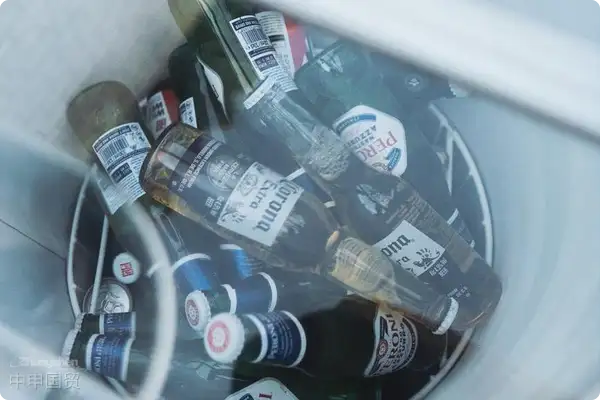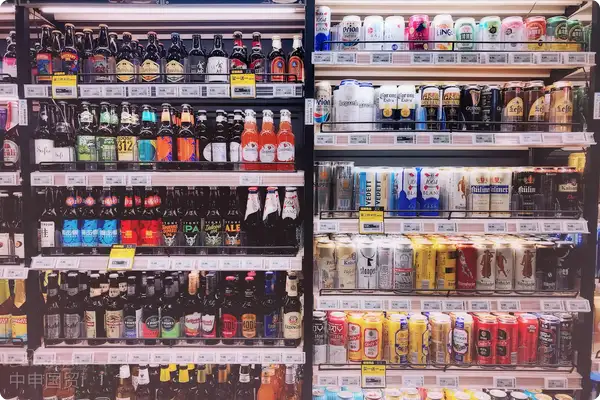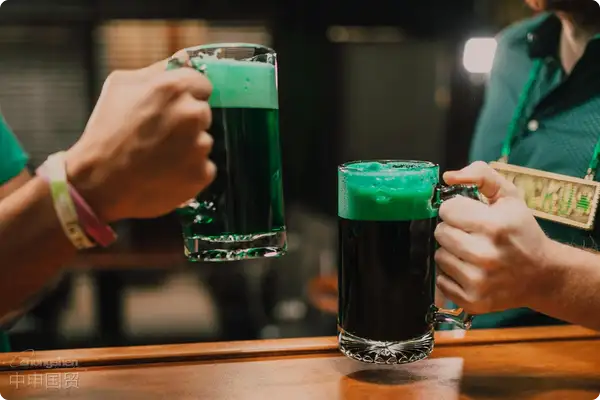- Shanghai Zhongshen International Trade Co., Ltd. - Two decades of trade agency expertise.
- Service Hotline: 139 1787 2118
Importing food/health products to China? What hidden rules must you know? Compliance with Chinese standards directly affects customs clearance! This article details import requirements and compliance strategies to help your products pass customs quickly and enter the Chinese market successfully!
Importing food/health products to China involves specific legal/regulatory requirements beyond standard trade procedures. Below are detailed explanations to help importers complete the process smoothly.

I. Conformity Assessment and Quarantine Inspection
Before importing, products must pass China Customs conformity assessment and quarantine inspection, complying with Chinas Food Safety Law and related standards. Importers must provide detailed product information/test reports including ingredient analysis and production hygiene control documents. After verification, Customs issues an Entry Goods Inspection/Quarantine Certificate - the crucial document for legal market entry and subsequent sales.
II. Food Safety Management System and Status Evaluation
China Customs strictly evaluates exporting countries/regions food safety management systems. Imported foods must originate from China-approved countries/regions. The State Administration for Market Regulation and Customs periodically publish compliant country lists. Exporting enterprises must meet HACCP or equivalent food safety standards. Only approved countries/regions may export food/health products to China.
III. Regulatory Certificate Management
Per Chinese laws/regulations, certain food/health products require specific regulatory certificates before import declaration:
(1) Infant Formula Product Formula Registration Certificate:All imported infant formula must obtain this certificate from SAMR, ensuring formulations meet Chinese standards and hygiene requirements.
(2) Special Medical Purpose Formula Food Registration Certificate:Required for foods like diabetic-specific products or enteral nutrition powders, which must obtain SAMR registration.
(3) Health Food Registration Certificate or Health Food Filing Record:Imported health foods must apply to SAMR for registration/filing based on efficacy/ingredients before import/sales.
(4) Agricultural GMO Biosafety Certificate:Food products containing genetically modified ingredients must obtain the Agricultural Genetically Modified Organism Safety Certificate issued by the Ministry of Agriculture and Rural Affairs.
(5) Entry Animal and Plant Quarantine Permit:Products containing animal or plant-derived ingredients require an Entry Animal and Plant Quarantine Permit to ensure they are free from harmful organisms and pathogens.
IV. China-Approved Food Directory Inquiry
Imported food and health supplements must be from countries or regions that meet assessment requirements and have traditional trade relations with China, as listed in the Official Catalog of Imported Foods. Importers should verify the catalog in advance to ensure the products country of origin is included, avoiding import obstacles. The catalog can be accessed at:http://43.248.49.223/index.aspxProducts from countries or regions not listed in the catalog will face stricter scrutiny or even rejection at customs.
V. Health Food Related Labels
Label requirements:
China has clear labeling regulations for imported health supplements. Labels must comply with the National Food Safety Standard for General Rules on Prepackaged Food Labeling (GB 7718-2011) and other relevant requirements, including:
(1) Chinese Label:All imported health supplements must have a Chinese label containing product name, country of origin, manufacturer and importer information, production date, shelf life, nutrition facts table, net content, storage conditions, etc.
(2) Nutrition Facts Table:Must display nutrient content and its percentage of Daily Value (NRV).
(3) Country of Origin and Importer Information:Labels must clearly state the country of origin and the importers name, address, and contact details in China.
(4) Specific Ingredient Labeling:If containing specific ingredients (e.g., high levels of vitamins, minerals, or functional components), these must be clearly labeled with applicable populations and usage recommendations.
VI. Legal/Regulatory Compliance
Imported food and health supplements must comply with the Food Safety Law of the Peoples Republic of China,,import and exportCommodity Inspection Law, Health Food Registration and Filing Management Measures, and other relevant laws and regulations. Importers should regularly monitor regulatory updates to ensure ongoing compliance. They must also understand local regulations and standards applicable to specific product categories, ensuring all production, transportation, and sales processes meet Chinese legal requirements.
VII. Professional Consultation and Compliance Review
The import process for food and health supplements is complex, involving multiple regulations and standards. Therefore, companies are advised to seek professionalImport Representationlegal consultants or third-party certification agencies for detailed compliance reviews to ensure complete documentation. Professional consulting services can help avoid compliance risks, resolve import issues efficiently, and ensure smooth market entry.
Summary
When importing food and health supplements to China, companies must pay special attention to aspects including conformity assessment, inspection and quarantine, regulatory documents, catalog verification, labeling requirements, and legal compliance. Through advance preparation and collaboration with professional agencies, companies can better manage import risks, ensuring products enter the Chinese market smoothly while meeting all relevant standards. This not only guarantees product quality and safety but also enhances consumer trust and market competitiveness.
Related Recommendations
Category case
Contact Us
Email: service@sh-zhongshen.com
Related Recommendations
Contact via WeChat

? 2025. All Rights Reserved. 滬ICP備2023007705號-2  PSB Record: Shanghai No.31011502009912
PSB Record: Shanghai No.31011502009912









